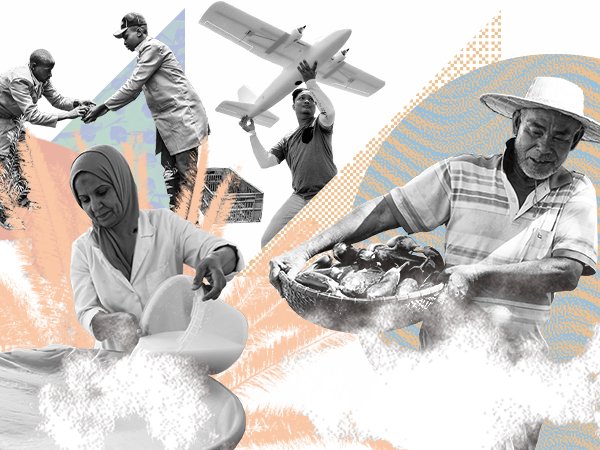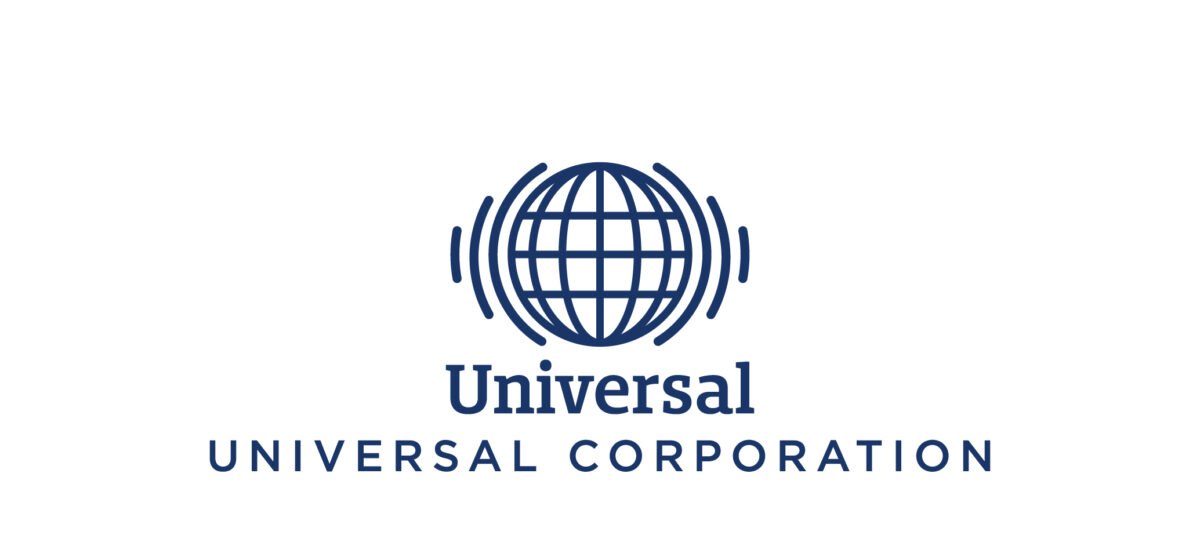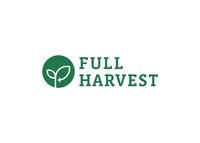CHS focuses on supply chain investments as profits decline
The agribusiness behemoth, which saw net income decrease by over fifty percent in the first quarter, will unveil new goods, shipping ports, and agronomy services to reverse market trends
CHS Inc., a farm co-op and agribusiness powerhouse, is expanding its worldwide supply chain and agronomy services as grain prices fall. The grain trader recently unveiled a new fertilizer facility in St. Louis to boost shipping capacity. Earlier this month, it also completed the acquisition of West Central Ag Services, which provides agronomy services to farmers.
CHS’s first-quarter net income plummeted by more than half from the previous year, according to an earnings report released on January 8. Net income increased to $244.8 million from $522.9 million the previous fiscal year.
Lower agricultural and fertilizer prices, along with squeezed refinery margins, have created a challenging environment for traditional agribusinesses, prompting many to diversify into new service areas to offset losses. CHS’ acquisition of West Central Ag Services, for example, establishes a new agricultural retail business unit that will offer farmers grain marketing and risk management services. The new division, CHS West Central, will also provide crop nutrients, seeds, crop protection, and animal nutrition.
As grain farmers deal with a significant loss of income, they are increasingly looking for services or products that will enhance earnings, cut expenses, or increase efficiencies. Merger and acquisition activity in the agronomy market has increased in recent months, with provider FarmQA acquiring data platform Farm Dog in November. CHS is also expanding its transportation supply chain to speed fertilizer delivery as it prepares to launch six new products aimed at increasing agricultural yields. The company is expanding its shipping capacity through an exclusive deal with Ingram Barge Company’s subsidiary, SCF Lewis and Clark Terminals LLC.
“Just as we have for nearly 100 years, CHS is leveraging our efficient global supply chain, strong relationships, and expertise to navigate these changing markets, while strategically investing to meet our owners’ future needs,” Debertin said in a statement issued after the company’s earnings release.
The agribusiness behemoth, which saw net income














